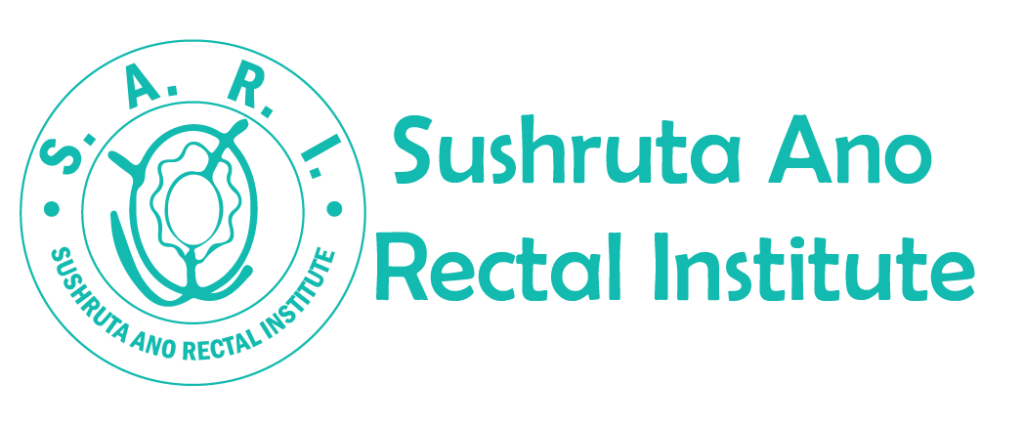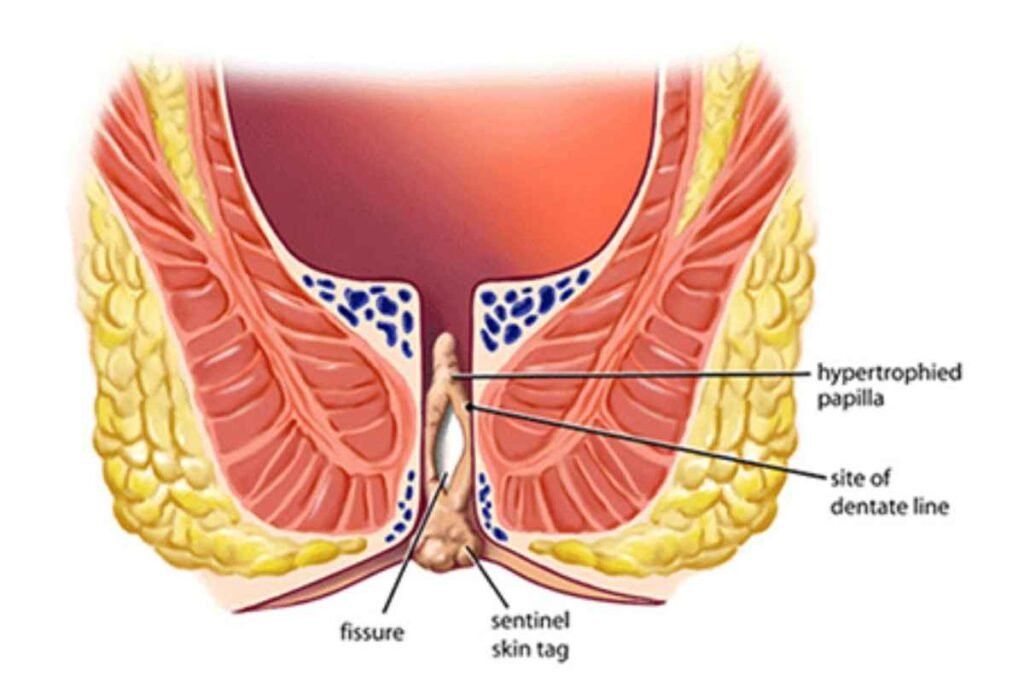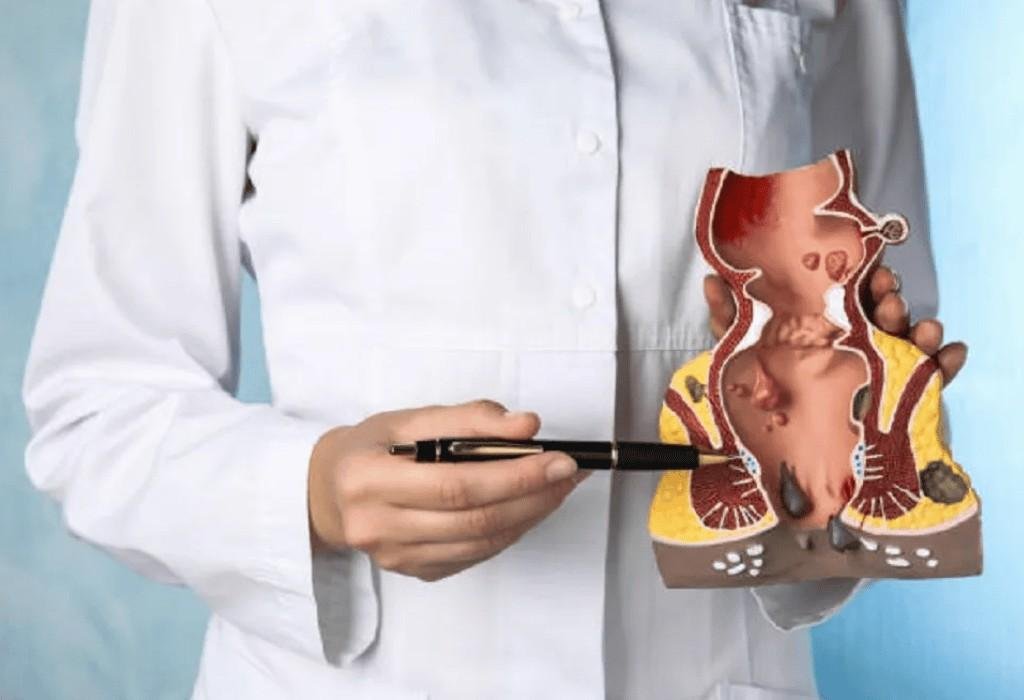Can Pilonidal Sinus Heal on Its Own or Is Surgery Necessary?
- October 30, 2025
Introduction
A pilonidal sinus is a small hole or tunnel in the skin, usually located near the tailbone at the top of the buttocks. It often contains hair, pus, and debris and can cause pain, swelling, and discomfort — especially when infected.
Many patients delay seeing a doctor because they hope the sinus will heal on its own. But can it really? Or does it eventually require surgical treatment?
What Exactly Is a Pilonidal Sinus?
The term “pilonidal” literally means “nest of hair.” A pilonidal sinus develops when hair penetrates the skin and causes inflammation or infection in the crease of the buttocks. Over time, the body reacts by forming a small cavity or sinus tract.
If this sinus becomes infected, it can turn into an abscess — leading to pus discharge, pain, redness, and swelling.
While piles, fissure, and fistula affect the anal canal, pilonidal sinus occurs just above it, which is why many patients confuse these conditions. A consultation with an experienced piles doctor or fissure doctor can help diagnose the issue correctly and recommend the best treatment.
Common Causes of Pilonidal Sinus
Some factors that contribute to pilonidal sinus formation include:
Excessive body hair and friction from tight clothing
Prolonged sitting (common in drivers or office workers)
Poor hygiene or excessive sweating
Repeated irritation or pressure near the tailbone
Genetic predisposition (coarse or curly hair)
Symptoms of Pilonidal Sinus
A pilonidal sinus may start as a small dimple or bump, but when infected, it can cause:
Pain or tenderness near the tailbone
Redness and swelling in the area
Pus or bloody discharge
Foul odor from the wound
Fever (if infection spreads)
These symptoms often worsen when sitting, bending, or wearing tight clothing.
Can Pilonidal Sinus Heal on Its Own?
In some very mild and early cases — where there’s no infection — the sinus might remain dormant or cause minimal discomfort for a while. However, pilonidal sinus does not truly heal on its own.
Here’s why:
The sinus cavity remains under the skin, often containing trapped hair and debris.
Even if the infection drains temporarily, it tends to come back after a few weeks or months.
Without proper cleaning or removal of the sinus tract, bacteria will continue to grow, causing repeated abscesses.
So while you may experience temporary relief, the pilonidal sinus is a chronic condition that typically requires medical intervention.
Ignoring it can lead to:
Recurrent infections
Abscess formation
Multiple sinus tracts (complex pilonidal disease)
Pain while sitting or walking
When Is Surgery Necessary?
If your sinus has become infected or if you’ve had multiple flare-ups, surgery becomes the most effective and permanent treatment.
Modern proctology now offers laser pilonidal sinus treatment, which is minimally invasive and highly effective. This is a daycare procedure — meaning you can go home the same day.
Advantages of Laser Pilonidal Sinus Surgery:
Painless or minimal discomfort
No major cuts or stitches
Very low risk of recurrence
Quick recovery (back to work in 2–3 days)
Minimal scarring
A piles doctor or a fissure doctor who specializes in laser procedures can also treat pilonidal sinus using this advanced technique.
Non-Surgical or Conservative Management
For patients with very mild or first-time infections, conservative care may help control symptoms:
Antibiotics – To reduce bacterial infection
Drainage – A doctor may drain pus under local anesthesia
Hygiene – Keep the area clean and dry
Hair Removal – Regular shaving or laser hair removal to prevent recurrence
Warm Compresses – To relieve mild pain and inflammation
However, these are temporary measures and not permanent solutions. The sinus cavity often persists under the skin, making recurrence almost inevitable without definitive treatment.
Pilonidal Sinus vs Fistula vs Fissure vs Piles
Many patients confuse pilonidal sinus with fistula, fissure, or piles, as all involve the anal or nearby region.
Here’s how they differ:
| Condition | Location | Cause | Main Symptom |
|---|---|---|---|
| Pilonidal Sinus | Above the buttocks crease | Ingrown hair, infection | Pain, pus discharge |
| Fistula | Anal canal to outer skin | Infection of anal glands | Pus discharge, swelling |
| Fissure | Anal lining tear | Hard stool, constipation | Sharp pain, bleeding |
| Piles | Inside or outside anus | Swollen veins | Bleeding, lump, itching |
Since the symptoms overlap, visiting a piles doctor or fissure doctor ensures accurate diagnosis and correct treatment guidance.
Why Early Treatment Matters
Delaying treatment can cause the sinus tract to enlarge or develop multiple openings, which makes surgery more complex later.
Prompt consultation with a proctologist helps in:
Preventing repeated infections
Avoiding chronic sinus formation
Ensuring faster recovery with laser options
Just like piles treatment and fissure treatment, laser pilonidal sinus treatment offers a minimally invasive, quick-healing solution.
Post-Surgery Care and Recovery Tips
After laser treatment for pilonidal sinus:
Maintain hygiene — clean the area daily and keep it dry.
Avoid prolonged sitting for a few days.
Wear loose, breathable clothing.
Remove or trim hair in the affected area to prevent recurrence.
Follow your doctor’s aftercare instructions closely.
Most patients can return to normal activities within 2–3 days after laser surgery.
Conclusion
A pilonidal sinus rarely heals on its own — it might settle temporarily, but infection often returns. The safest and most effective solution is laser surgery, which offers quick recovery, minimal pain, and long-term relief.
Just like modern piles treatment and fissure treatment, laser pilonidal sinus treatment has become the gold standard — ensuring patients get back to their normal lives comfortably and confidently.



